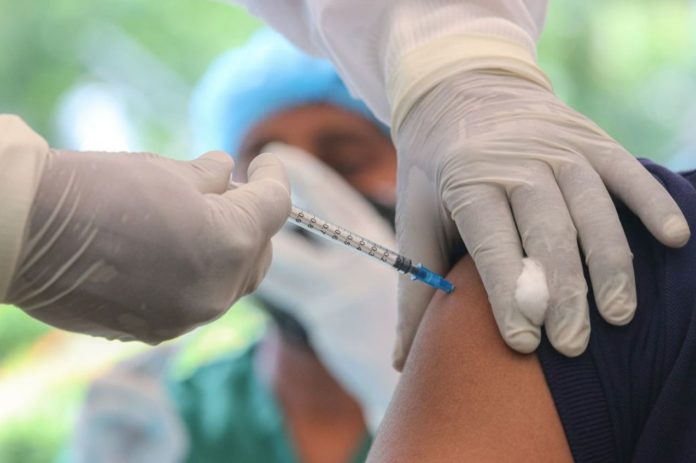The COVID vaccine has proven to be a useful tool in reducing poor outcomes for patients, although the virus still exists. Using a variety of datasets, researchers determined who is more susceptible to complications following a second dose of the vaccine.
Hundreds of thousands of COVID-19 infections have been avoided thanks to tremendous vaccination efforts in the United States. The possibility of waning immunity following vaccination, on the other hand, has put significant pressure on the vaccination programme. Scientists have determined which types of people are more likely to suffer serious effects after receiving two vaccines.
Using a technique based on existing statistics, researchers assessed the likelihood of serious illness among various groups of people.
The algorithm can accurately forecast people who are most at risk of serious outcomes 14 days or more after a second vaccine dose.
It revealed that older people, men, and individuals from ethnic background are more likely to be admitted to the hospital or die after receiving two shots of the vaccine against COVID-19, according to researchers.
Other groups at greater risk of severe COVID-19 were care home residents and individuals with underlying conditions including kidney disease, sickle cell disease, HIV/Aids, Down’s Syndrome and liver cirrhosis.
A sample of more than 6.9 million vaccinated adults was analysed, of whom 5.2 million had received both doses of the vaccine.
Professor Aziz Sheikh, of the University of Edinburgh and co-author of the paper, said: “I think the fact that some of the ethnic variations are diminishing suggests that a lot of this was because it’s socially patterned – perhaps because of occupational risk considerations.
“I think with the two subgroups that remain, this is speculative, but these groups – the Indians and Pakistanis do tend to have slightly higher household sizes and so there may be that kind of within household transmission going on.
The team hope the tool will help inform patient’s decisions to continue shielding, and form policy around booster vaccines as well as COVID-19 treatment.
Researchers noted that the findings of the study, published in the British Medical Journal, may be limited by factors such as background information including occupation, which is rarely included in hospital records.
They added that cases of severe infection remained relatively rare following immunisation.
Image Credit: Getty
